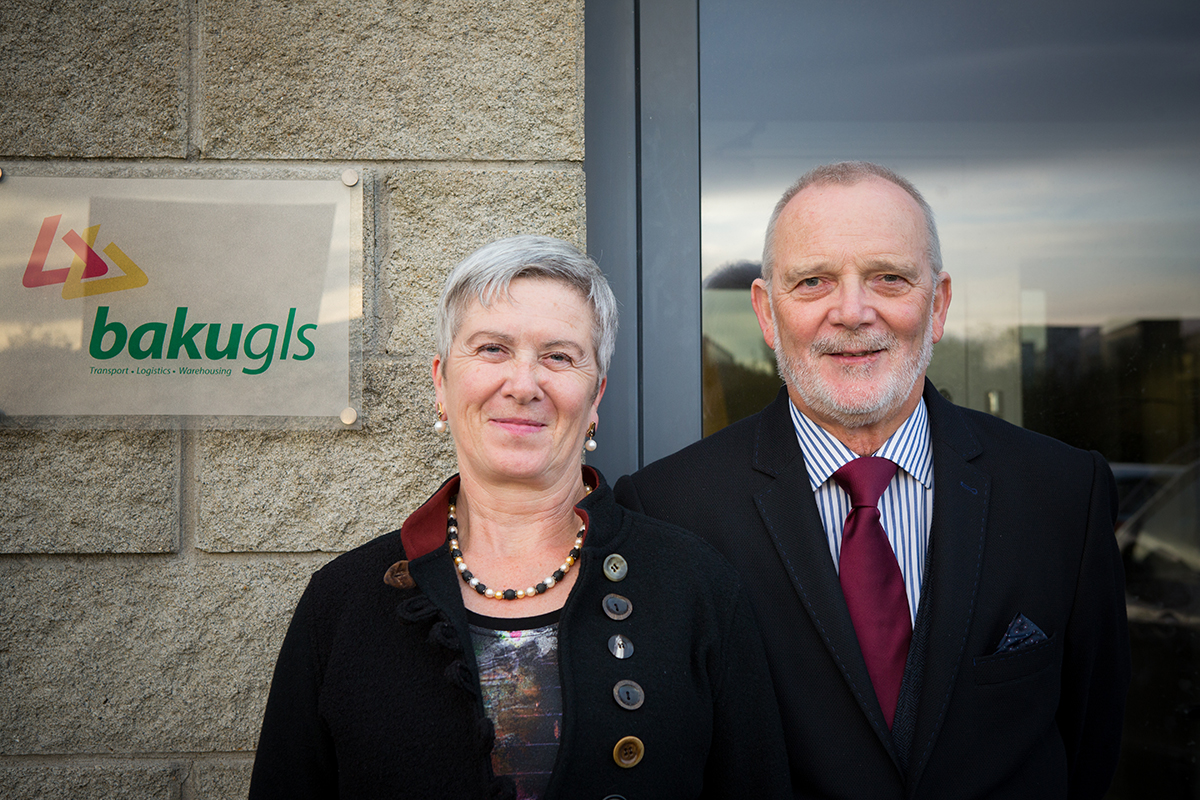
Yesterday, the UK’s Supreme Court ruled that Boris Johnson’s decision to suspend, or prorogue, parliament for five weeks was unlawful. As a result, MPs have returned to the debating chamber at Westminster today, three weeks earlier than the Prime Minister had planned.
As the 31st October Brexit deadline marches ever closer, we look at what this ruling means for those of us in the Irish transport industry, what impact it’s likely to have on Brexit negotiations and what we need to watch out for in the coming days.
What actually happened yesterday?
As soon as Boris Johnson announced his plans to suspend Parliament for an unusually long period of five weeks, a court case was launched to challenge his decision. The Supreme Court – the highest court in the United Kingdom – has been hearing this case for the past few days, and yesterday it delivered a unanimous verdict: Boris Johnson’s prorogation of Parliament was unlawful, because it “frustrated or prevented Parliament from the discharge of its core duties”. While this Supreme Court ruling may be a good thing for British democracy, it creates even more uncertainty for those of us trying to plan for 1 November 2019 and beyond, and it’s likely to draw the Brexit drama out past Christmas 2019 and into the new year.
Can this ruling be ignored?
It’s unlikely that the government will appeal this verdict because an exceptional number of judges were involved in the final decision. The UK has twelve Supreme Court justices, who typically sit in panels of five. Eleven of the twelve judges sat on the panel for this case, and they reached a unanimous decision; this makes it impossible for the UK Government to argue that a different combination of Supreme Court justices might have reached a different verdict.
How does this affect Brexit negotiations?
Boris Johnson’s negotiating position was already on shaky ground when he suspended Parliament on 9 September: he doesn’t have the support of a majority in Westminster, and his ‘do or die’ rhetoric on this 31 October deadline has left little room for measured debate with other EU leaders. Now that the highest court in the United Kingdom has ruled that the Prime Minister has acted unlawfully, it will become almost impossible for him to command any authority in the build-up to the EU Summit in October. There is now hard evidence that any promises Mr Johnson might make can be overruled. There’s not much hope for a new Brexit deal being done by 19 October.
How does this impact Brexit timings?
This Supreme Court judgement will most likely force Brexit to be delayed again. Boris Johnson has spent weeks claiming that – deal or no deal – Brexit will take place on 31 October, but the fact is that if he can’t get a Brexit deal by 19th October, he will be legally obliged to ask the EU for another extension. The EU could technically choose not to grant this extension, in which case we would face a no-deal Brexit on 31 October, but at the moment this is highly unlikely.
How can we prepare for what happens next?
Yesterday’s ruling is one of many Brexit surprises we’ve witnessed over the past three years, and it won’t be the last. Over the coming weeks, ministerial resignations, party expulsions, political game playing and brinkmanship will dominate British headlines. From our perspective, there are only three possible Brexit outcomes…
- ‘business as usual’ until January 2020 (delay),
- chaotic customs and port problems from 31 October onwards (no-deal),
- a sensible new compromise that keeps borders open and cargo moving (deal).
We have created detailed plans to cover all three outcomes, and we recommend our clients do the same.
Beyond Brexit, we’re also monitoring other global risk factors, like crude oil price hikes and global trade tariffs, which are equally important for our customers. It’s all part of our commitment to offer an exceptional, reliable and expert transport service. Get in touch with us today and find out how we can deliver excellence – first time, every time.













